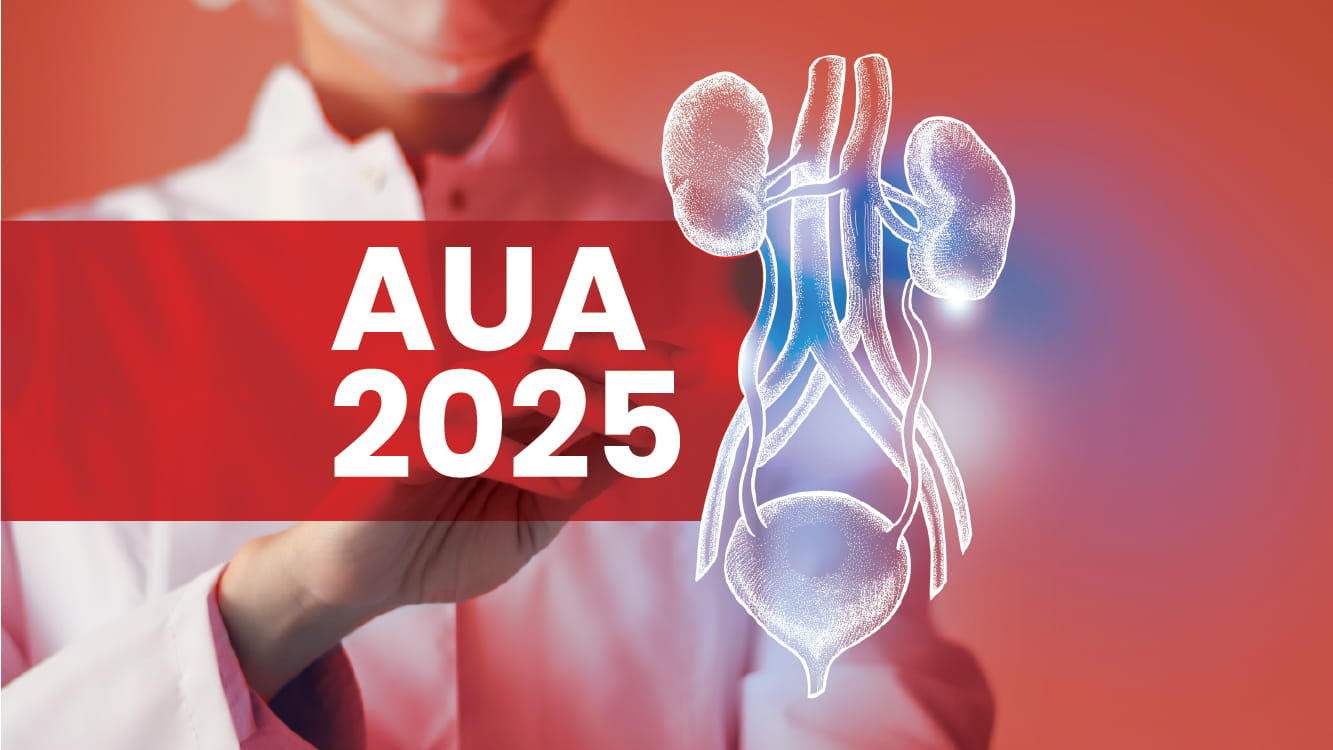Introduction
Guidelines say that ureteral stents lead to morbidity and advances are needed to improve care. A previous randomized controlled trial (RCT) found that silicone stents caused less pain when left in place for 20 days. A multi-center pragmatic RCT that compared patient-reported outcomes (PRO) and unplanned healthcare use after silicone vs polyurethane stenting was conducted. It was hypothesized that patients with silicone stents would have better outcomes at 7d.
Materials and Methods
Patients who underwent unilateral ureteroscopy (URS) with renal and/or ureteral stones (≤2cm), had no pre-stenting and no string at the time of the procedure, were randomized to receive either a silicone or a polyurethane stent. The outcomes measured included PROMIS pain intensity and interference at 7-10 days, daily pain scores, PROMIS ability to work/social activities via text message, work absence, treatment satisfaction (ICIQ-S), perceptions about future stenting, as well as phone calls/electronic health record (EHR) messages, emergency department visits, and unplanned related hospitalizations.
Results
-
250 patients were enrolled, 219 had the intervention (ImaJin Hydro silicone stent N=110, polyurethane N=109)
-
55% of the patients had renal stones and 45% had ureteral stones; the median stent duration was 8 days.
-
PRO completion rate was 89% for ImaJin Hydro silicone stent and 87% for polyurethane stent
-
Pain Intensity and Interference scores were the same at 7-10d.
-
At 7-10d, patients with ImaJin Hydro had a less number of phone calls/EHR messages and higher treatment satisfaction and At 4-6 weeks, patients with ImaJin Hydro silicone stent reported less negative feelings.
Conclusion
Individuals using the ImaJin Hydro silicone stent expressed greater satisfaction with their treatment and reached out to the office less frequently, all while showing reduced apprehension regarding future stent procedures. Michigan Urological Surgery Improvement Collaborative (MUSIC) suggests that surgeons take into account the use of silicone stenting for URS. The assessment of patient-reported outcomes also provides valuable information for upcoming clinical trials.
European Association of Urology, 21-24 March 2025, Madrid, Spain



